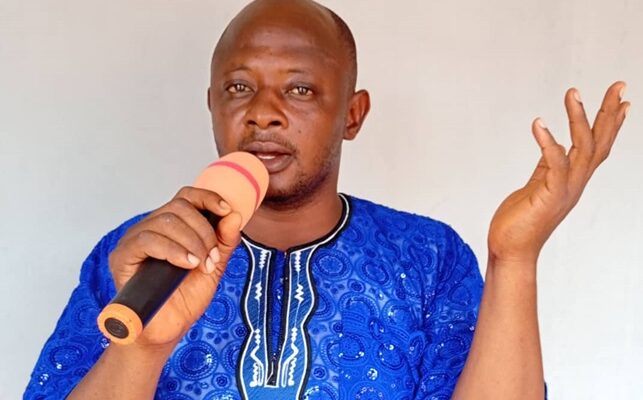A man lies to his wife and blames it on stress. A corrupt politician embezzles public funds and shifts the fault to systemic failure. A teenage girl aborts a baby and points to peer pressure. Across continents and cultures, excuses are becoming the language of moral compromise, and the result is a world sinking into spiritual decay masked in modern sophistication. As long as people keep justifying sin, sin will keep justifying judgment.
From Eden to today’s courtrooms, humanity has perfected the art of scapegoating. The first man blamed the woman, the woman blamed the serpent, and the serpent had no defense. But God judged them all. The dangerous consequence of excusing sin is not just the repetition of evil—but the institutionalization of it. “If you make an excuse for sin, your sin will not be excused,” warned early revivalist Charles G. Finney, who insisted that “revival is hindered most by the toleration of sin in the church.” Modern culture may polish language and policies, but behind the gloss is the same rebellion dressed in democracy.
What we see today is not new. It is only a refined version of ancient rebellion. Take, for example, the rise of social relativism—where nothing is truly wrong as long as you can explain it. This is not freedom; this is a disguised form of bondage. John Wesley foresaw this deception: “The excuse of man has always been his ruin. He would rather plead weakness than seek strength, rather confess ignorance than ask for truth.” By institutionalizing excuses, nations are trading repentance for rhetoric, and the cost is eternal.
The consequences are visible: a generation numbed to guilt, desensitized to conviction, and shielded from correction. In schools, sins are renamed “developmental stages.” In churches, pulpits preach comfort without repentance. In government, theft is called “technical misappropriation.” The result? A system that emboldens darkness and shames light. Dietrich Bonhoeffer, the German martyr who resisted Hitler’s regime, cried out in 1937: “Cheap grace is the grace we bestow on ourselves… grace without repentance, grace without the cross.” Excusing sin is cheap grace, and cheap grace is counterfeit Christianity.
What happens to a people who refuse to be accountable for sin? They forfeit divine mercy. When sin is confessed, mercy follows; but when it is justified, judgment knocks. Leonard Ravenhill, speaking in 1953, echoed this sober warning: “The world has lost the power to blush over its vice; the church has lost her power to weep over it.” This loss of moral sensitivity is not accidental—it is the fruit of a culture that prefers justification to sanctification.
Even in our personal lives, the pattern persists. Husbands blame wives. Wives blame husbands. Children blame parents. Pastors blame congregations. Politicians blame history. But God is not mocked. Excuses may sound intelligent, but in the court of heaven, repentance alone speaks. Charles Spurgeon, preaching in 1864, once thundered: “Sin is the mother of sorrow, and the nurse of death. Excuses are its lullabies.” Every time we excuse sin, we rock ourselves into spiritual sleep while hell celebrates.
The way out of this blame culture is not redefinition but repentance. It is the courage to say, “I have sinned,” without hiding behind upbringing, pressure, or pain. Repentance is not weakness; it is the path to restoration. In the 1800s, Catherine Booth, co-founder of the Salvation Army, declared: “If you are not willing to take responsibility for your sin, you are not ready to take hold of God’s grace.” Grace is for the humble, not the defensive. It washes those who admit they are dirty, not those who pretend they are dusted clean by good intentions.
In this prophetic hour, the world does not need more explanations—it needs more repentance. To shift blame is to shift the possibility of forgiveness. Accountability is not judgment; it is the gateway to grace. As long as people continue to excuse sin, they will never escape its grip. The serpent is still speaking, but the question is—will we still listen? Or will we, like Adam, stand naked and unashamed in our excuses, only to discover too late that heaven does not excuse what man refuses to confess?
– Inah Boniface Ocholi writes from Ayah – Igalamela/Odolu LGA, Kogi state.
08152094428 (SMS Only)




